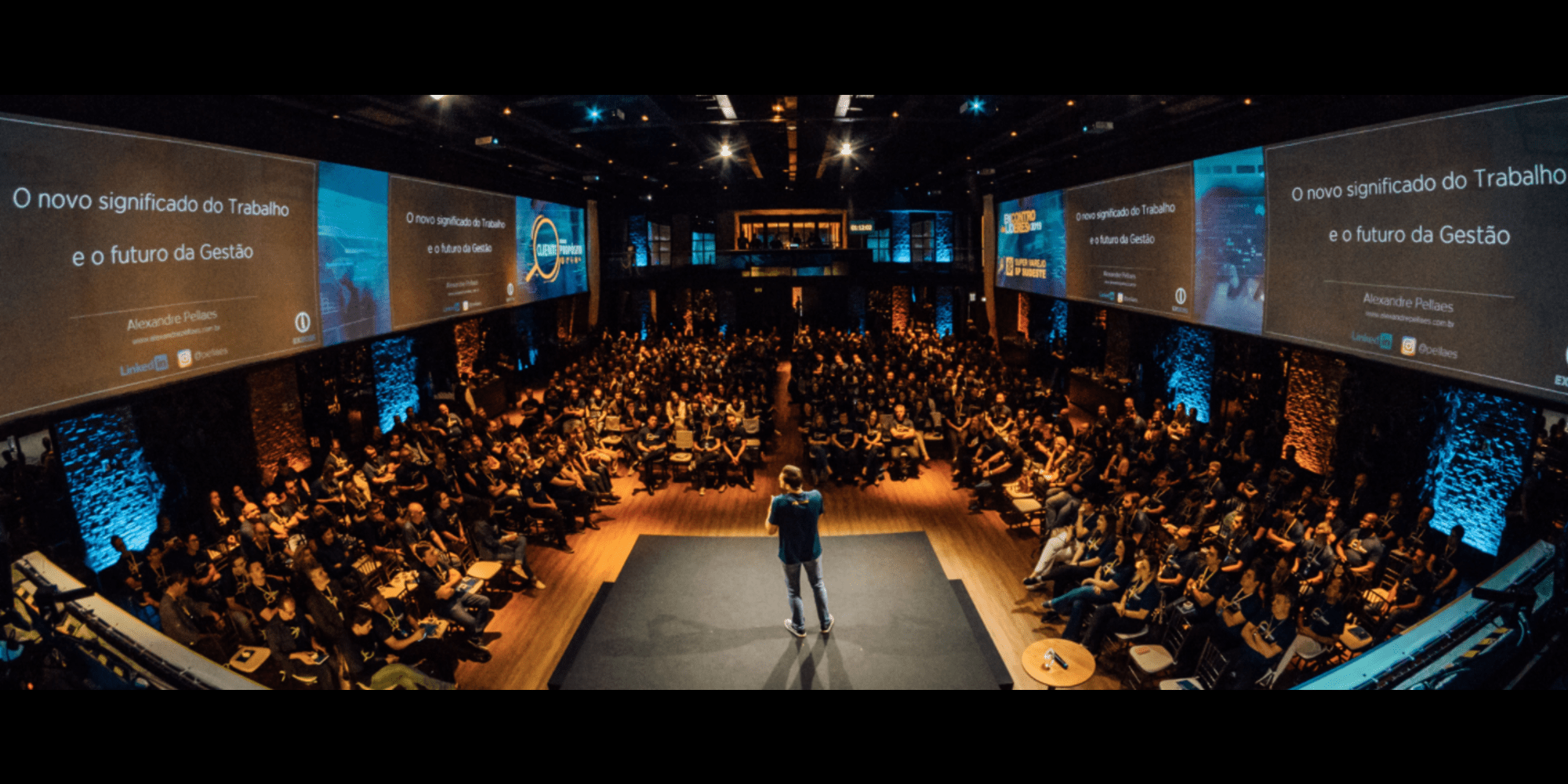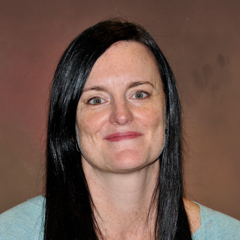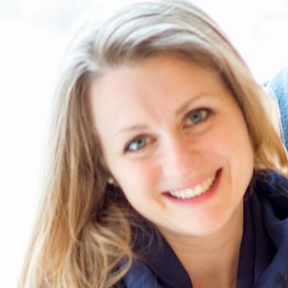Each year we aim to continue our core theme of “Relationships – the Key to Progress”. This year, the Profectum conference will cross the lifespan of autism, from infancy to young adulthood where relationships are the essential human experience that pave the way to a meaningful future. You will learn to anticipate the needs of the young children you work with now and what they will need in the future, as well as new methods to promote self-reliance when grown.
- Learn the revolutionary movement-sensing perspective on the roots of autism
- Join a mother’s journey from infancy to adulthood and learn how she developed a perspective of her child’s experience growing up to enhance their relationship and progress
- Explore the dynamics of partnerships with parents and the separation-individuation process
- Help individuals improve the executive capacities to function as self-reliant adults
- Gain awareness of autism and safety promoted through the media
- Experience virtual reality as a tool to improve police safety in adolescents and adults with ASD
- Use a phone App that allows therapists to measure connectedness as a pre-post measure of coaching effectiveness
- Integrate the DIR-FCD™ model into a public pre-school setting with evidence for efficacy of PPT training methodology
- Enter the classrooms of children to discover the parallel process of developmental and functional competence (DIR® and FCD)
- Use the newly published DIR-FCD™ Goal Bank to define the educational goals in IEPs
- Attend breakout sessions each day emphasizing case studies that will bring depth and practical strategies to support development from infancy to young adulthood
- And much more …
This Conference is available as Webcast Series here.
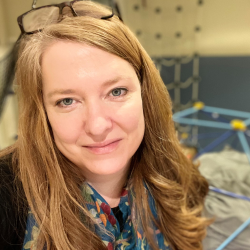
Rebecca Berg, MS, OTR/L, IMH-E
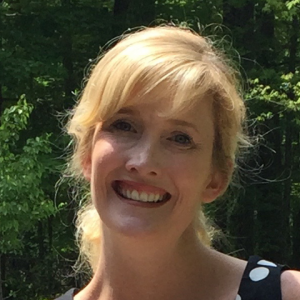
Lauren Blaszak

Nancy Crown, PhD

John Donvan

Griff Doyle, PhD
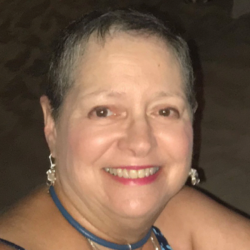
Michele Havens, EdD
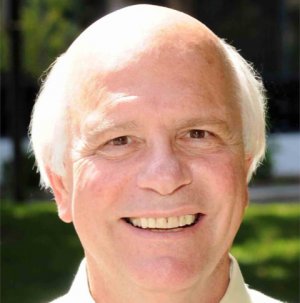
George McCloskey, PhD

Monica Osgood, MA
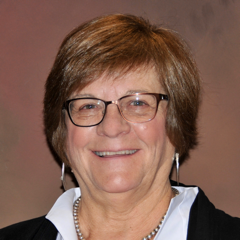
Elizabeth Osten, MS

Amy Pinder, MA

Ruby Salazar, LCSW, BCD

Susan Smith-Foley, OTD, MPA, OTR/L
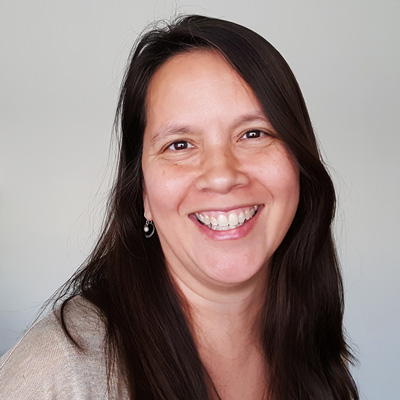
Rita Solórzano, MA CCC-SLP
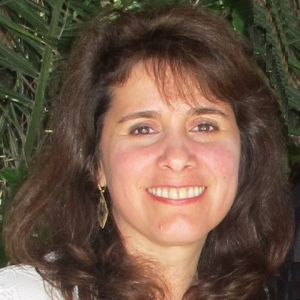
Elizabeth Torres, PhD
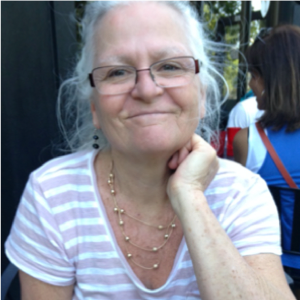
Rosemary White, OTR/L

Serena Wieder, PhD
